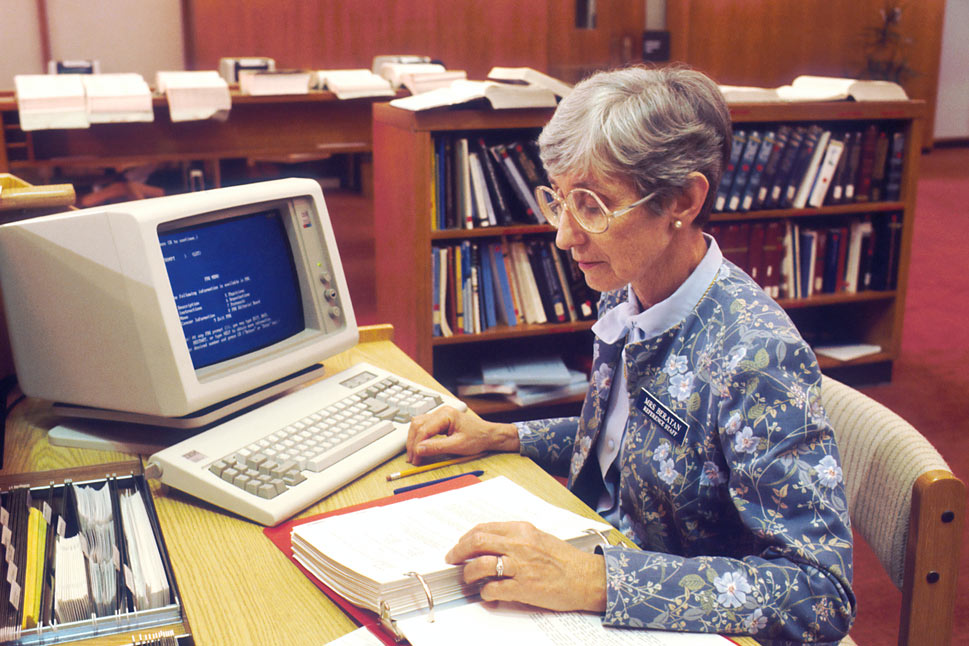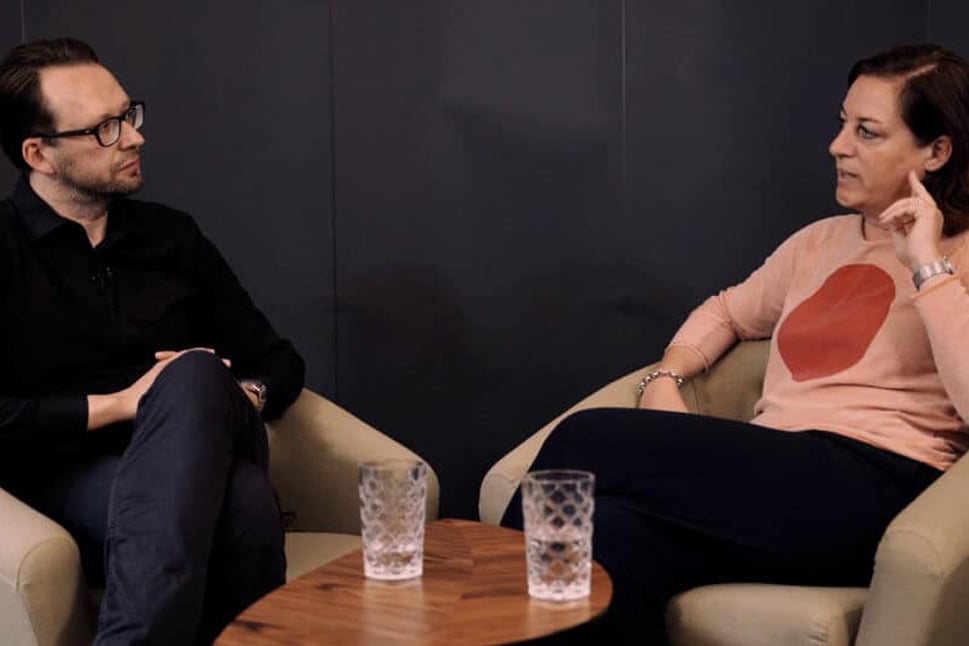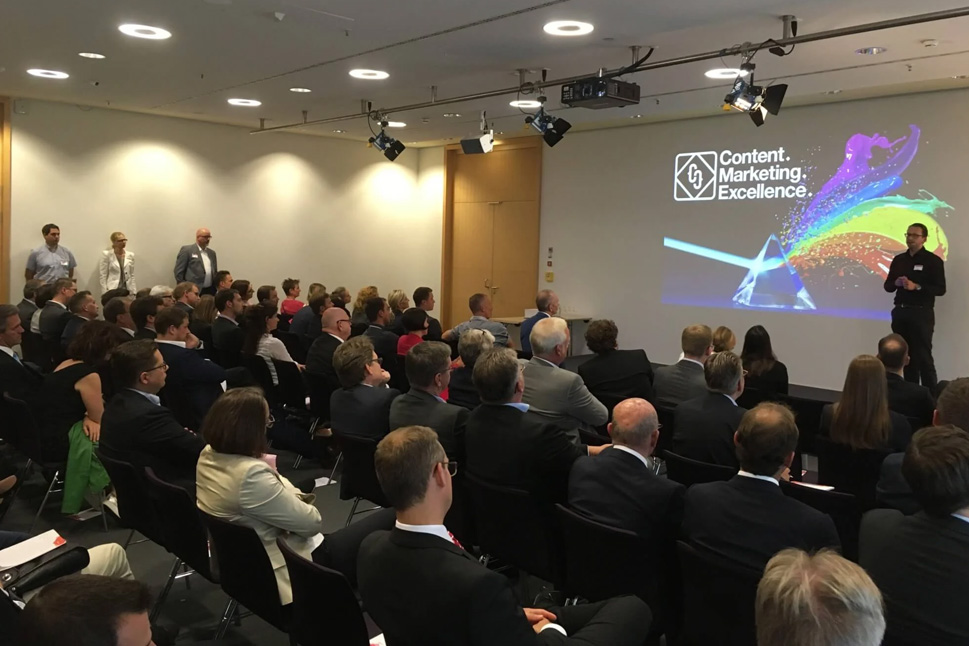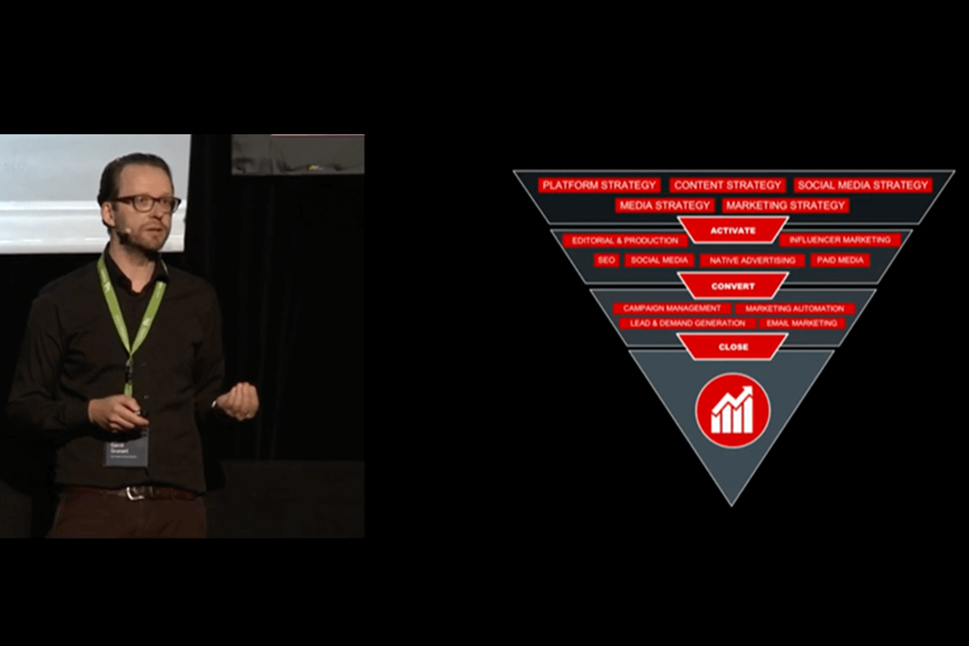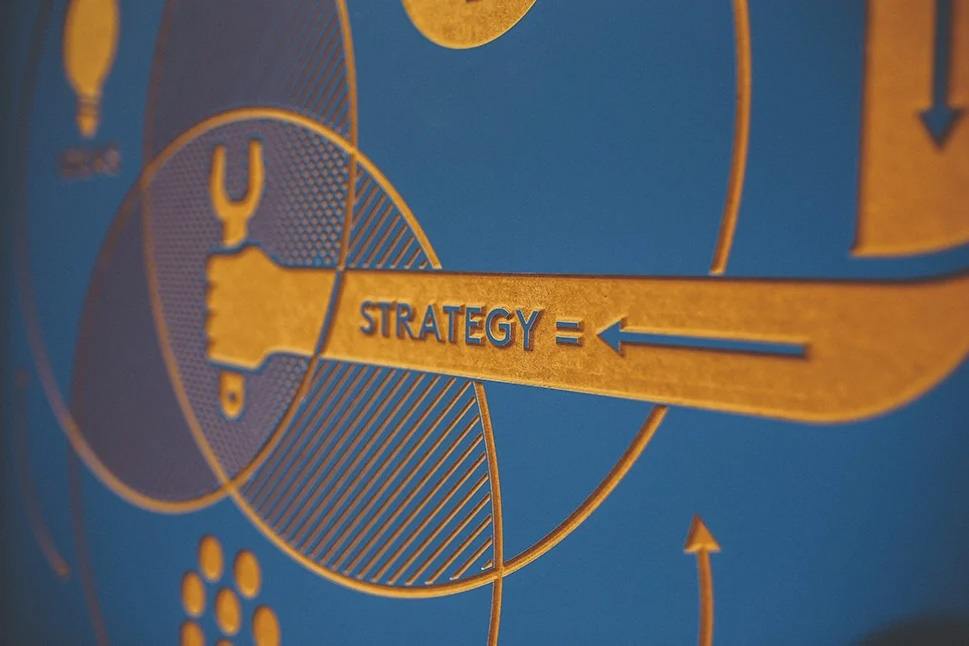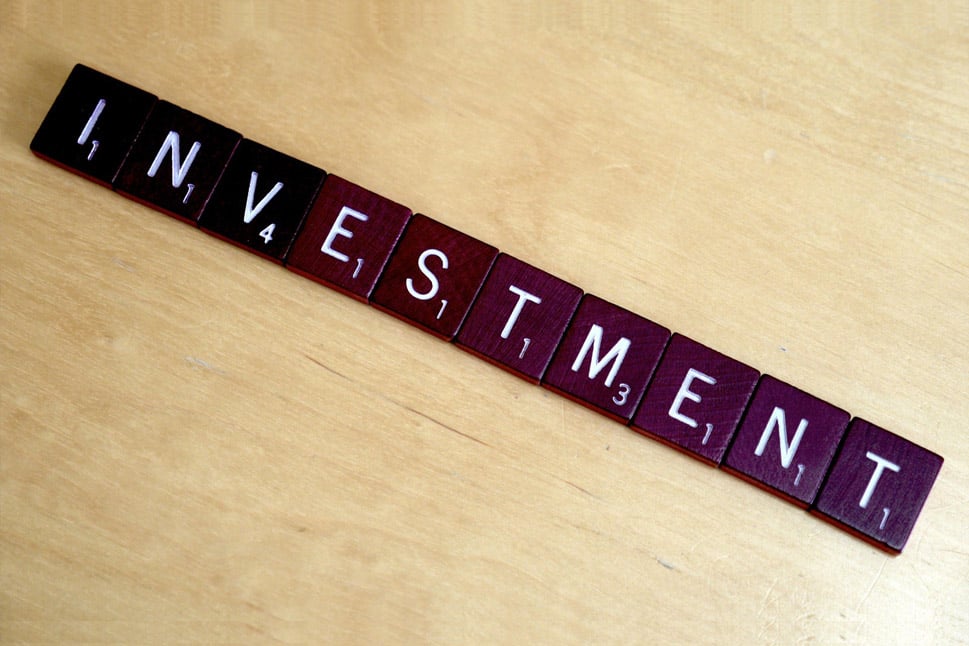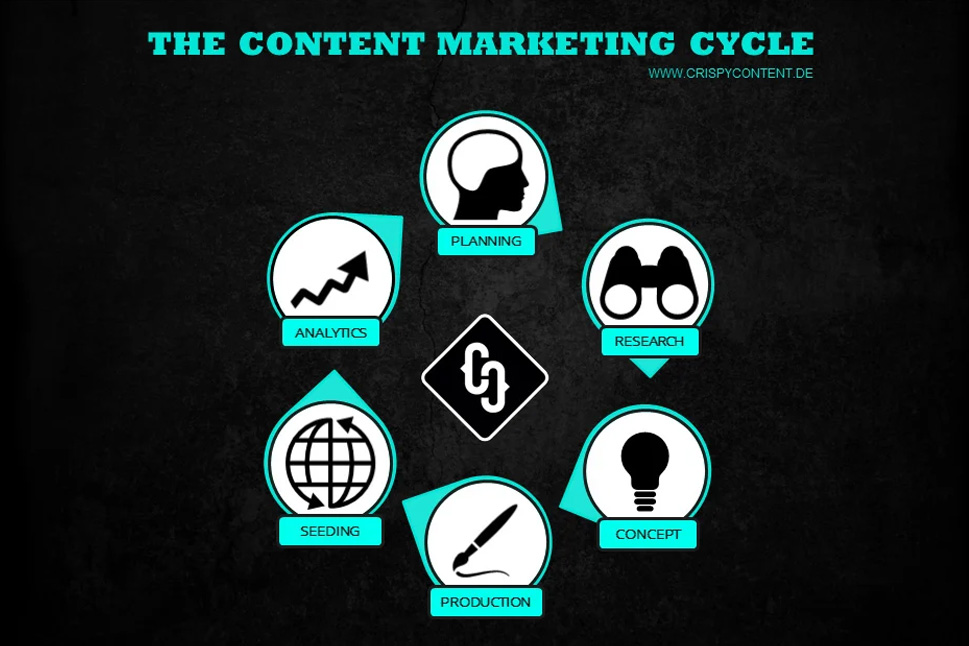Why regular agency pitches don’t work
Last updated on January 2, 2023 at 12:37 PM.At Crispy Content®, we have a lot of experience with pitches. Over the years, we have noticed how pitches are typically done, how the competition goes about it, and why regular agency pitches don’t work in the end for both sides. In this article we explain in-depth why agency pitches fail to do what they’re designed to do: to choose the right agency for the job. And of course, how we developed an improved version of the pitch: the pitch workshop.

How does a typical pitch process work?
Pitches may differ in content, but they are similar in structure. The following steps provide a rough overview of the general process of a classic, typical pitch:
- assemble pitch team
- compile pitch documents (budget framework, time frame, service descriptions, specifications, stakeholders, etc.)
- develop evaluation scheme
- develop pittch text
- create agency longlist by evaluating agency rankings, awards or recommendations from network
- check the fit through internet research or from the network
- inquiry with the agencies and request of credentials
- creation of the shortlist
- Q&A weeks
- shoulder view
- pitch presentation
- evaluation
In some cases, a pitch consultant is brought in. It usually assists in the preparation of comprehensive pitches.
Pitches conducted in this way rarely produce results that make both sides happy. But why is this actually the case? Read on to find 11 reasons why regular agency pitches fail.
11 reasons why agency pitches fail
Reason 1: The winner is predetermined
According to a 2018 survey of 150 marketers published by U.S.-based Forbes Magazine, 84% of respondents felt that when it comes to pitch requests, the winner is determined ahead of time. How can that be?
Reason 2: Having to pitch and not wanting to
Pitching is not always voluntary. Sometimes a new RFP has to be issued for compliance reasons, even though the old agency didn't do a bad job.
If you compare the opportunities for innovation and improvement with the costs and risks of bringing a new agency on board, then those responsible tend to go for the conservative solution - let the old ones go along and solicit additional bids pro forma.
Reason 3: Network before expertise
The larger the budget, the higher the decision-makers' positions. They have been in the business for a long time or were once active in the agency world themselves.
Previous projects, invitations to events, appointments at industry trade shows, speaker bookings, regular gifts of less than €40 - this creates liabilities.
These things can cause for a preference, not based on expertise. If this is the technically inferior agency, the decision-maker does not have to spoon out the soup - this is done by the operational forces in the project.
Reason 4: The agency longlist does not fit
How do agencies end up on the longlist?
- They are brought in by members of the pitch team by recommendation.
- They were evaluated as suitable via award cases.
- They were invited because they belong to the relevant set among agencies, a result of successful PR.
- They were found via Google search (this happens most often at Crispy Content® because we don't just sell content marketing, we create it).
It is important when longlisting agencies, to make sure you can check the quality of the agency and the (technical) capabilities. Just because a brand looks good, doesn’t mean they are good.
From the website to the references, into the services and off to the contact page, everything needs to check out. That's how it happens at Crispy Content® and we think it's the right thing to do: the company deals with the professional competence, the experience and the agency itself. That's how you get to a qualified candidate.
Reason 5: The pitch fee is too low
In many cases, the preliminary work that an agency does is honored. In many cases, however, it is not. In any case, at least in our experience, the pitch fee is too low.
This is not due to poor controlling by the agency. Pitches are collaborative efforts, so each meeting costs x times the hourly rate, depending on how many people participate.
Everyone wants to have a say
The larger and more important a pitch, the higher the hours invested by the employees, but also their hourly rates, because business managers then like to have their say. If an internal hourly rate for a senior is €80, we can put the managing director, who also looks in from time to time, at €120 internally.
Unnecessary costs due to sporadic communication
Furthermore, the "silent mail", i.e. the little sporadic communication between agency and company in the run-up, which in turn causes misinterpretations of the pitch task, drives up the agency investment.
Pitch fee and order volume are out of proportion
And finally: The pitch fee is always in proportion to the budget that is offered. However, if two agencies participate in a pitch, then we have a 50% probability of winning. This halves the budget offered in purely mathematical terms, but unfortunately not the practical investment. At some point, both items are out of proportion.
Too much work for too little money
€2,500 is indeed a not infrequently paid fee. Now comes the catch: in most cases, the companies' expectations of the pitch presentation are far higher than could be counter-financed by the hours available. A big idea, a mood film, graphics services, copywriting, concept work - all of these can be part of the job and are not actually included.
Point of no Return
We have been involved in pitches where there was a 250,000 budget at stake and over €100,000 in hours invested in the pitch. In the structure of a network agency, there was no way to stop such commercial insanity.
The only remaining hope was to recoup the investment in the distant future through upselling or cross-selling.
Reason 6: The time frame is too tight
Of course, the pitch does not start with the agency's work. It starts with the steps we mentioned at the beginning: putting together the pitch team, defining the requirements catalog, creating the longlist, and so on.
These topics take quite a bit of time, sometimes years. No agency is given that much time to develop and present its idea.
Let's calculate an example:
- A project is scheduled for one year including tender and realization.
- The preliminary work lasts until month 9, and only then is the agency's services requested.
- In month 10, the project must start under all circumstances.
- In month 12 it has to be finished successfully, because it has to be presented to the board of directors.
- In between, there are vacations, vacations, illnesses, and staff changes.
That's the plan and that's stress in its purest form.
In this exemplary calculation, there is a whole month for the development of the idea as well as for the decision of the company. That is not enough time to ask qualified questions and to get qualified answers.
That's why pitches always take place under enormous time pressure, are often developed at night when performance is at its lowest, and why the results are mediocre.
Reason 7: The exchange of information is too sparse
When a company invites an agency to a pitch, it also receives a certain amount of supervision: both parties are interested in the project being a success. Therefore, the agency's questions are answered in as qualified a manner as possible. Since more than one provider is invited to a pitch, the support effort and thus the costs for the company are multiplied.
If it is a tender for a project that is to serve the needs of several departments of a company, then employees of the specialist departments must be called in to answer specialist questions. Here, too, the effort is multiplied.
To counteract this, communication is channeled: via sending in all questions and answering them publicly. This may sound sufficient at first. However, new questions arise from answers, which is why a conversation by phone or web meeting would be more purposeful. For the cost reasons mentioned above, this is not possible.
Therefore, important questions are not asked and if they are, they are not answered adequately. The resulting information gap makes for the typical "Not what we expected."
Reason 8: The pitch documents are misinterpreted – by both sides
The pitch documents are prepared by the tendering company to the best of its knowledge and belief. In turn, the documents are analyzed by the agencies with keen discerning eyes.
However, the two parties meet from diametrically opposed directions. They have different backgrounds, otherwise they would not need each other. It is quite likely that what is read in and especially between the lines differs greatly.
It is equally likely that the agency will deliver something that the company did not request. Shoulder-to-shoulder appointments and the possibility of sending and answering questions do not replace the absolutely necessary dialogue for the reasons mentioned in the previous paragraph.

Make sure you choose an agency that can actually deliver what they sell
Reason 9: Results are too individual
Creative ideas can be pitched
A pitch works for soliciting an advertising campaign idea. It's about individuality, uniqueness, something unprecedented. If the idea appeals, then the agency has hit the jackpot.
It's also great for the client: He gets a pretty concrete taste of the final implementation with idea, claim, visualization and maybe even the finished clip, the rights to which he buys out with the awarded project budget.
These pitches have entertainment value.
Methods and expertise cannot be pitched
But what about tenders that call not only for creativity but also for craftsmanship, expertise and market knowledge? What if a content strategy, a marketing strategy or a digital strategy is being tendered?
Here, methods and approaches are assessed by the company. The methods and approaches to achieve the defined goal are different for each agency and are usually not prescribed in the tender documents.
The company cannot really judge the procedures, because it is not a specialist.
This is what makes the services so difficult to compare. They are just "not a bag of screws" made of a certain material and priced per lbs.
Wrong focus in the pitch
It is up to the agency to decide what the company wants to see from its wealth of experience: references for comparability, creative ideas for inspiration, ways of working to build trust, etc.
Most of the time, companies want to see all of it. It's up to the agency to decide which of these topics to focus on during the 60 minutes of a pitch presentation.
Practically, however, there are hundreds of variants of how a topic can be interpreted to choose from. But only one variant pleases the potential client. The agency is more or less in the dark and not infrequently the assessment ends with a "Not what we expected."
Reason 10: The result cannot be evaluated
Every agency contribution sent in for a pitch must be evaluated and compared. For this purpose, an evaluation matrix is created before the pitch.
This often includes aspects such as:
- comparable projects from the past;
- creativity of the idea or;
- the competence of the participants in the pitch presentation.
While this assessment of objectifiable facts still seems quite simple, it becomes all the more complicated when, for example, methods have to be compared or forecasts of a desired result have to be assessed.
For example, we got our hands on the evaluation matrix of one of the most important pitch consultancies in Germany through a careless e-mail.
Based on this, I was able to see which criteria were used to recommend the right agency: It was about the presence of the agency boss, the general chemistry in the team as well as the completeness of the elaboration.
And that was a content marketing pitch.
Reason 11: Pitch winners are good at pitching (not always at executing)
Clients decide on what they think is the best agency based solely on their performance at the final presentation, the "pitch meeting." They decide on the best performance, a snapshot, but perhaps not the best agency overall.
The pitch is an artificial process that bears little relation to reality. It says nothing about the day-to-day work with the agency. Because that cannot be presented and judged, many agencies focus only on the pitch itself.
The pitch that does work: pitch workshop
At Crispy Content®, we believe that making a presentation of two hours won’t cut it for a new client. A good start, is half the work. We’re convinced that hosting one 8-hour pitch-workshop is far more valuable than creating that presentation based on half-information.
You need:
- the experienced creative director to derive the campaign (people);
- visualizations that make the idea tangible (content);
- a derivation of the idea that shows by means of craftsmanship, that it is not a product of chance (method);
- surveys from market research that served as a springboard for idea development (data);
- a reputable institute that collected the data using proven procedures (infrastructure).
Click here to read more details about hosting a perfect pitch-workshop.
Summary
When asking several agencies to pitch to your company, there are many pitfalls to look out for. The more complex the project, the lesser the quality of the result of the pitches. Resulting in choosing the agency most likely to give a good presentation – instead of the agency that actually has the skills to execute what they’re selling. At Crispy Content® we’ve developed a method that has proven to work over the year: the pitch workshop. Contact our team to receive more information about our pitch workshop, or book a pitch workshop directly.
Creative, smart and talkative. Analytical, tech-savvy and hands-on. These are the ingredients for a content marketer at Crispy Content® - whether he or she is a content strategist, content creator, SEO expert, performance marketer or topic expert. Our content marketers are "T-Shaped Marketers". They have a broad range of knowledge paired with in-depth knowledge and skills in a single area.
![[FREE Ebook] Content Marketing Tools Essentials](https://no-cache.hubspot.com/cta/default/463294/02a763e7-df79-4758-ba35-000e19399736.png)
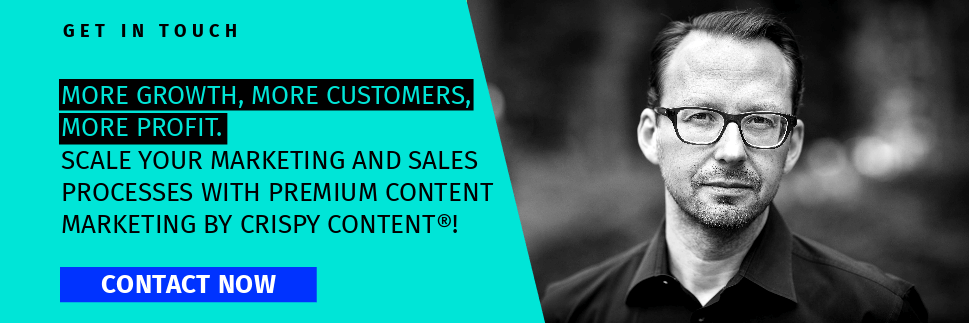





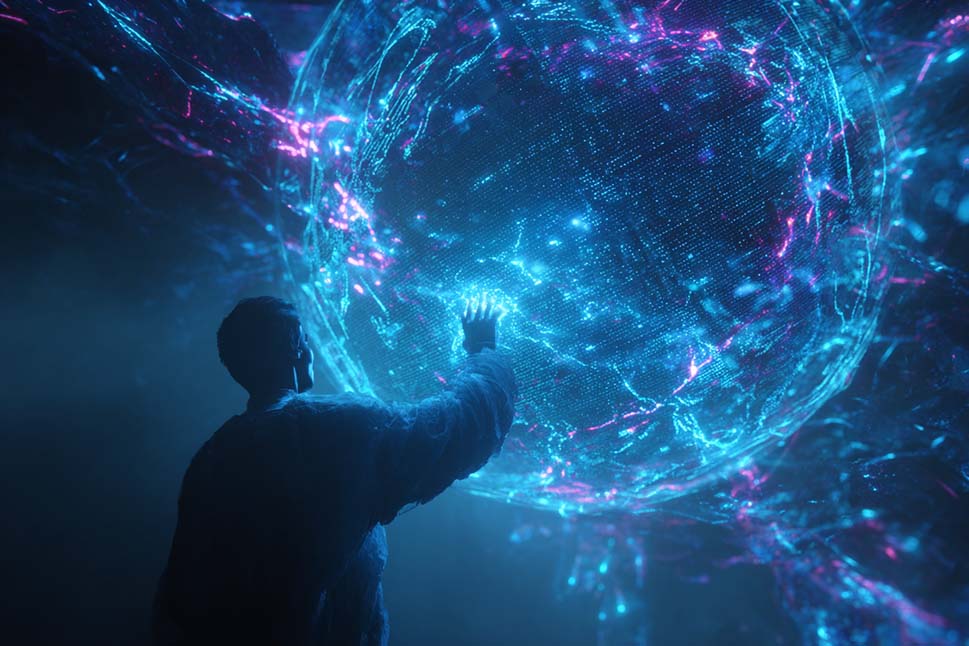
.png)











.jpg)

-1.jpg)

-1.jpg)
.jpg)



.jpg)













.jpg)







.jpg)



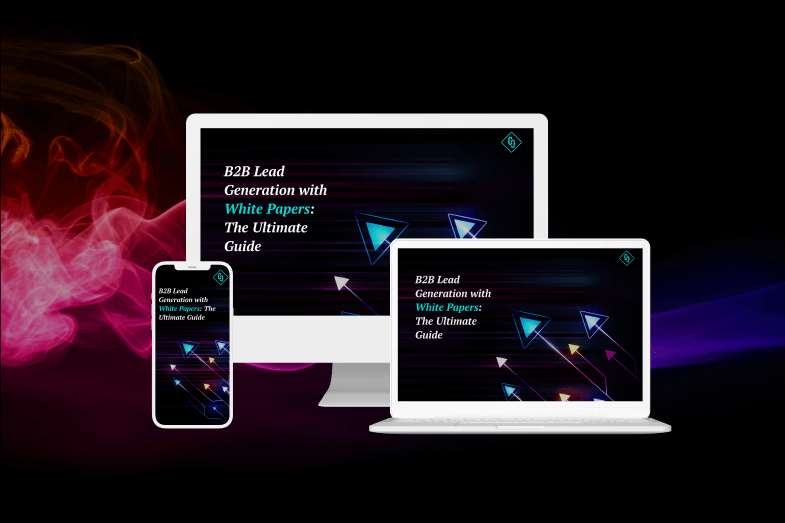
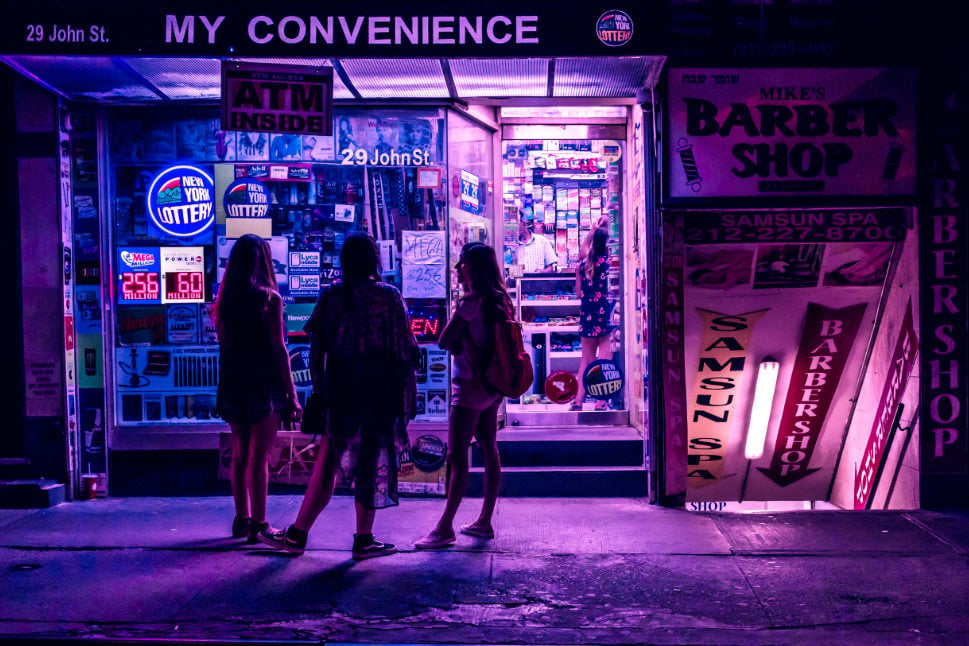





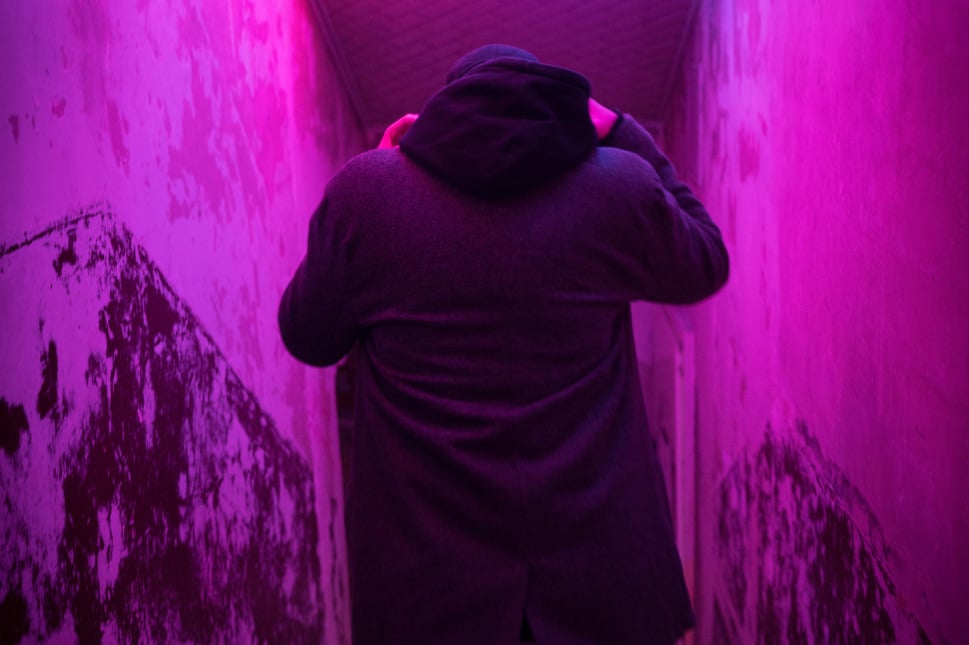













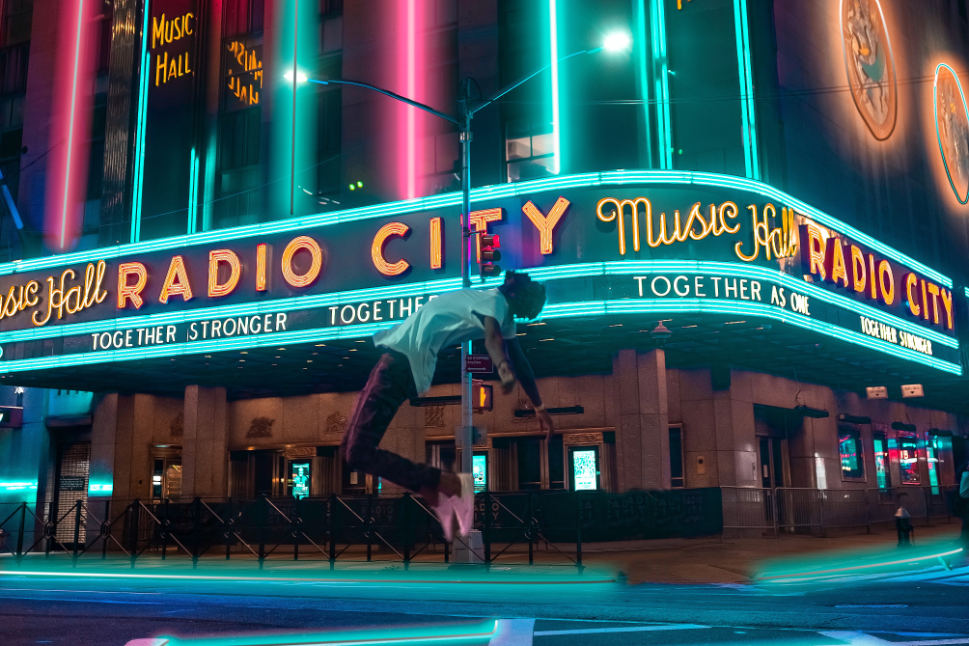

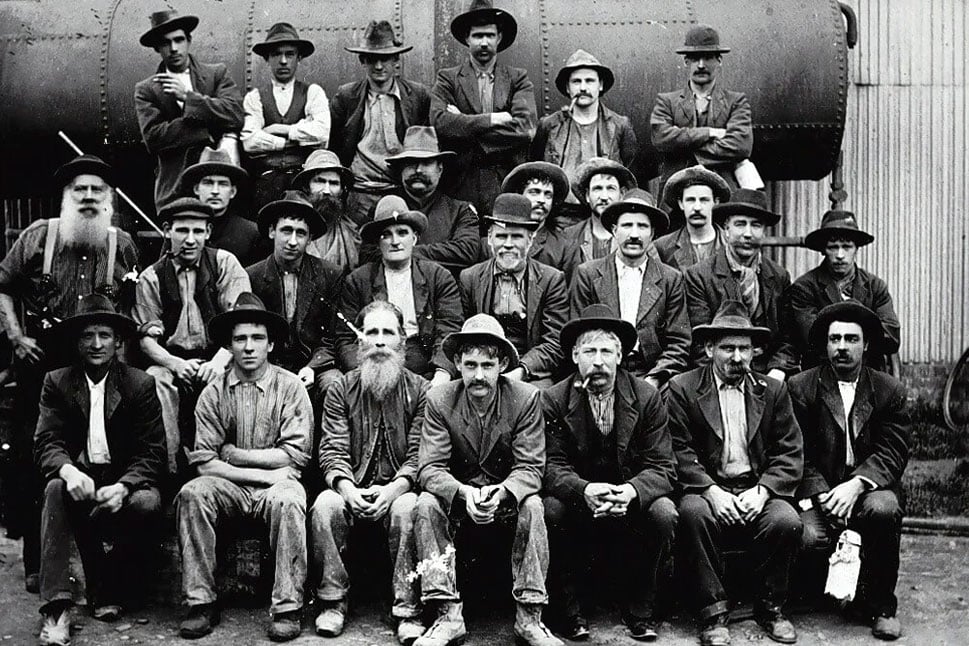


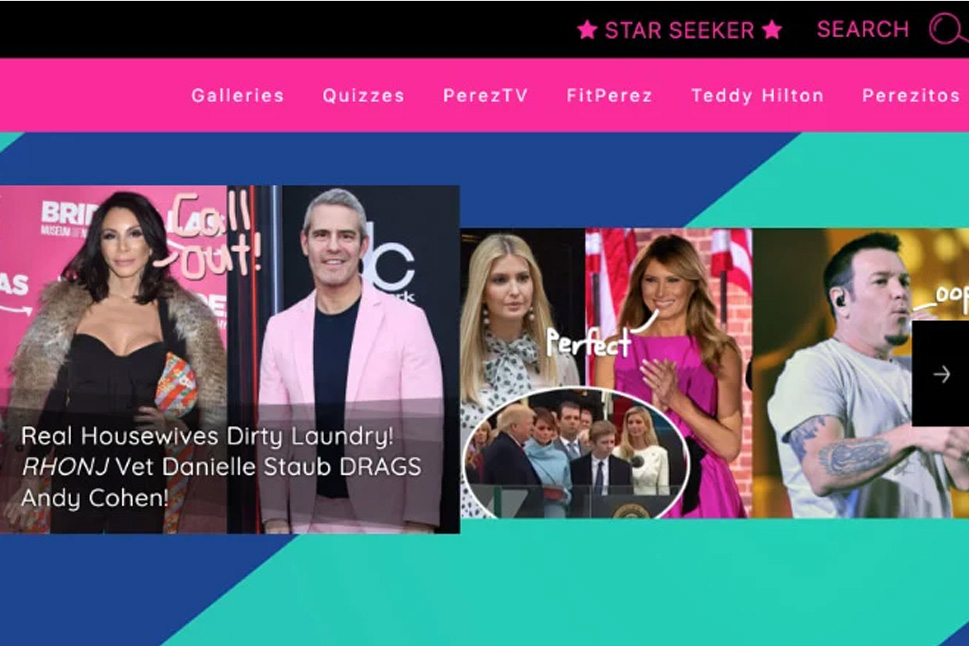



.jpg)









